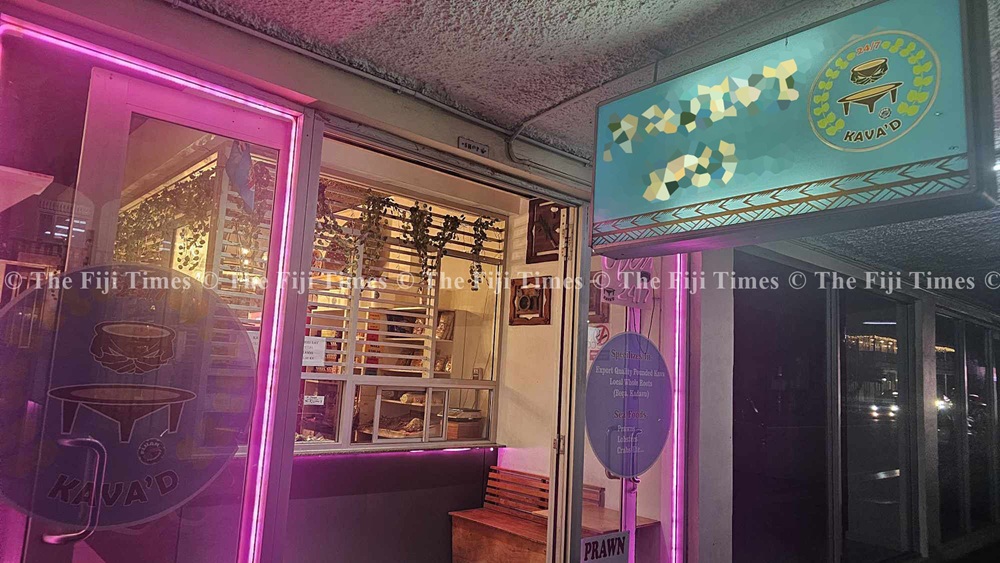The decision by the Government to shut kava bars down early to match the closing hours of nightclubs has triggered a torrent of dissent from many quarters, highlighting the deep-rooted stranglehold the traditional drink has on the lives of Fijian people.
Prime Minister Sitiveni Rabuka said enforcing the early-closure rule would keep the people and the streets safe, in addition to allowing families to spend more time with each other.
That decision, however, appears to have raised the wrath of kava drinkers who have “turned blind” and refuse to acknowledge what the issue of overconsumption brings — from causing all sorts of social ills, health issues, and workplace absenteeism and low productivity.
Fiji Commerce and Employers Federation (FCEF) CEO Edward Bernard says the issue of closure times needs to be looked at more broadly, and the risks and negative impacts for businesses, workers, the health system, families and communities must be considered.
Mr Bernard said the focus must also be on countering non-communicable diseases (NCD), which were also a major contributor to low productivity and could also be caused by the overconsumption of kava and alcohol.
He cited the November 2024 report by the Finance and Health ministries and the World Bank Mo Bulabula, ka Bula Balavu (Wishing You a Healthy Life and Long Life).
Mr Bernard said the report stated NCDs accounted for 80 percent of deaths in Fiji and that 64 percent of people dying of NCD–related causes were of working age.
“From a regulatory perspective, FCEF supports fair regulation of our night entertainment industry,” he said.
“If this means fairly regulating closing times of kava bars and nightclubs (closing at 1am), then businesses must adhere to this policy by the Government.
“Low productivity is one of the major challenges faced by businesses and employers. This includes absenteeism and low work performance that impact the operations and sustainability of businesses in Fiji.”
Mr Bernard said FCEF supported any initiative that would improve productivity and address the issue of absenteeism.
However, he said while the assumption that closing kava bars at 1am would mean workers, including those who work in these bars, getting adequate rest to start the morning shift, consideration must be given to shift workers who knock off close to midnight and want to socialise and patronise kava bars.
“This is where services that workers and the public want to pay for are not available and this is where kava bars potentially lose income.
“This may also result in group kava consumption at homes, disturbing families and communities.
“Therefore, regulating closing times of kava bars and nightclubs alone will not improve productivity.”
Mr Bernard said the Government needs to work with the private sector to introduce innovative and realistic policies and incentives at the national and enterprise levels.
He said the 10-year Fiji National Productivity Master Plan (NPMP) aimed to grow productivity by 3.2 percent annually.
“This is not only ambitiously twice Fiji’s annual productivity trend rate (1.2 percent), it is nowhere close to addressing the increase in the cost of doing business in the last three years. The pay-productivity gap is huge.”



